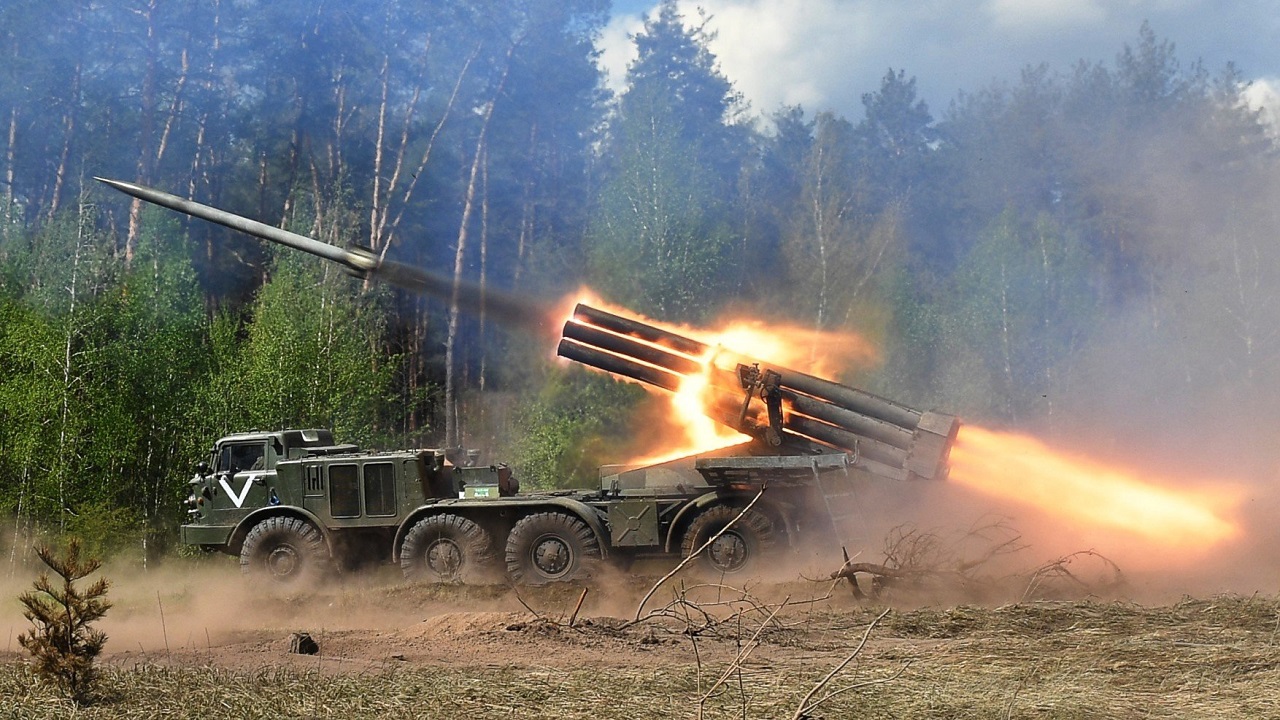Internet access has been a critical link to the world for Ukraine. It has continued to rely on tech billionaire Elon Musk’s Starlink satellite constellation to provide Internet service after Russia destroyed much of the land-based systems soon after the unprovoked invasion in February. By early April, Musk’s SpaceX had sent more than 5,000 Starlink terminals, which have allowed Ukrainians to access the network. That number has grown considerably, and there are now more than 25,000 terminals throughout the country.
Though Kyiv has certainly expressed its gratitude, on Thursday, it was reported that Ukraine may be considering other options and is actively seeking additional providers.
Ukrainian Deputy Prime Minister Mykhailo Fedorov, who is in Portugal this week for Europe’s largest tech conference, the Lisbon Web Summit, told reporters that Ukraine had discussed Starlink directly with Musk and was confident the Tesla and SpaceX boss would not shut the service down in Ukraine. Yet, it was just weeks ago that Musk – who recently closed a $44 billion deal to buy social media service Twitter – warned that he couldn’t continue to foot the bill for Starlink.
Costly Service
Musk had claimed that the operation had cost SpaceX $80 million, and would exceed $100 million by the end of the year, while it could cost nearly $400 million to operate over the next 12 months.
SpaceX reportedly requested that the Pentagon help fund Starlink’s service for Ukraine, but Musk publicly backtracked on the request.
“The hell with it … even though Starlink is still losing money & other companies are getting billions of taxpayer $, we’ll just keep funding Ukraine govt for free,” Musk tweeted.
The hell with it … even though Starlink is still losing money & other companies are getting billions of taxpayer $, we’ll just keep funding Ukraine govt for free
— Elon Musk (@elonmusk) October 15, 2022
Though no money is reportedly coming from the Pentagon, Musk said other countries, organizations and individuals are chipping in to pay for the terminals – but he added that the company is still losing about $20 million each month.
Hedging the Bets
Even though it appears that Starlink will continue to provide service, Ukraine is considering other options.
“Elon Musk publicly spoke about this and we had a conversation with him about it, so we do not see a problem in this regard,” Fedorov told reporters, but added that one of the reasons that he was at the Web Summit was to look for new partners as a backup.
“Communication is really crucial,” he said. “We are working on this issue 24 hours a day. Russia is hitting energy infrastructures and sometimes we don’t have light at home for eight hours.”
As Russian forces have been driven back, the Kremlin has responded with missile attacks that have been striking Ukraine’s cities and critical civilian infrastructure. It is unclear how those attacks have impacted Starlink, but it is clear that Kyiv doesn’t want to risk losing its communication network.
“It is always wise to diversify and add redundancy, especially when it is such a critical dependency like communications,” technology analyst Roger Entner of Recon Analytics told 19FortyFive on Thursday. “A military that can’t communicate is an ineffective military.”
A Senior Editor for 1945, Peter Suciu is a Michigan-based writer. He has contributed to more than four dozen magazines, newspapers, and websites with over 3,000 published pieces over a twenty-year career in journalism. He regularly writes about military hardware, firearms history, cybersecurity, and international affairs. Peter is also a Contributing Writer for Forbes. You can follow him on Twitter: @PeterSuciu.

